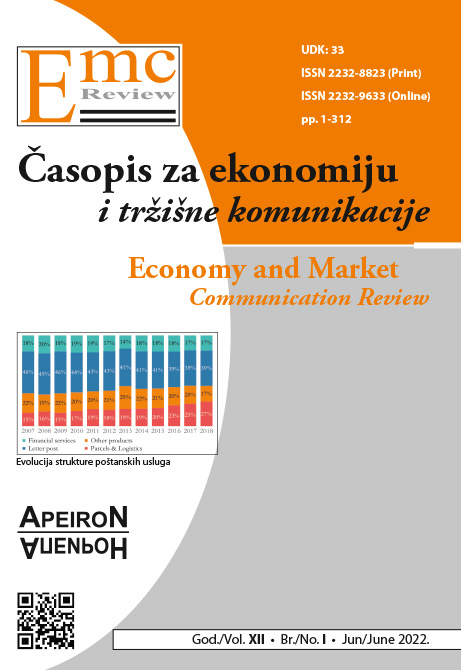PERFORMANCE MEASUREMENT IN LOCAL GOVERNMENT UNITS IN THE FUNCTION OF PUBLIC SERVICE IMPROVEMENT
DOI:
https://doi.org/10.7251/EMC2201057SAbstract
In today’s turbulent environment, local self-government administrations are under pressure of various, often conflicting needs, demands and interests that affect their effective operations. Accordingly, an innovative model of local self-government effectiveness measurement has been applied in this research which effectively includes a broad spectrum of organizational goals. Measuring effectiveness of local self-government and municipal management structures provides a clearer insight in to how well developed is local self-government in order to identify key factors affecting its (non)efficiency and business (non)effectiveness. Interdependence of the balanced scorecard model (BSC) development and effectiveness of local self-government is the subject of this paper. Effectiveness of local self-government has been observed on the basis of five segments or five perspectives of the balanced scorecard model. BSC modeling allows for successful development and implementation of a strategy that is causally linked to effectiveness of local self-government and improving public services. The results of the research have confirmed that a greater degree of development of the balanced scorecard model has the potential to increase effectiveness of municipal management structures, and with that development and competitiveness of the local community and improving public services, as shown in this paper.
